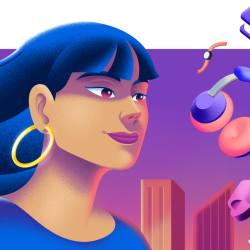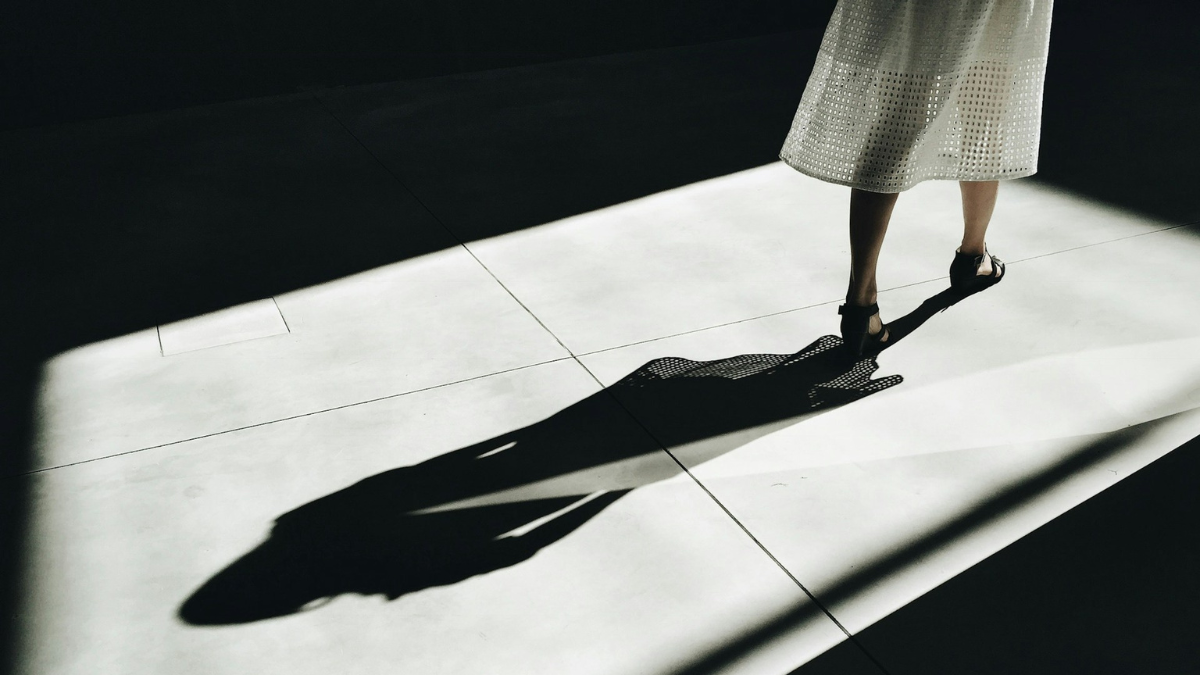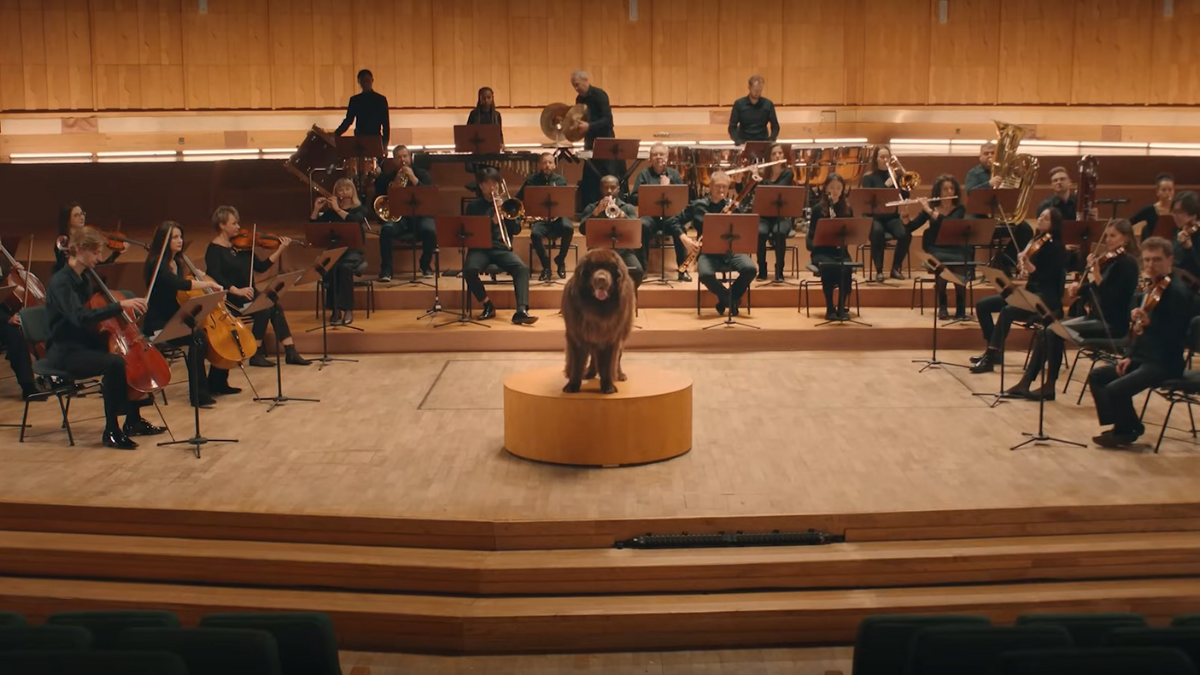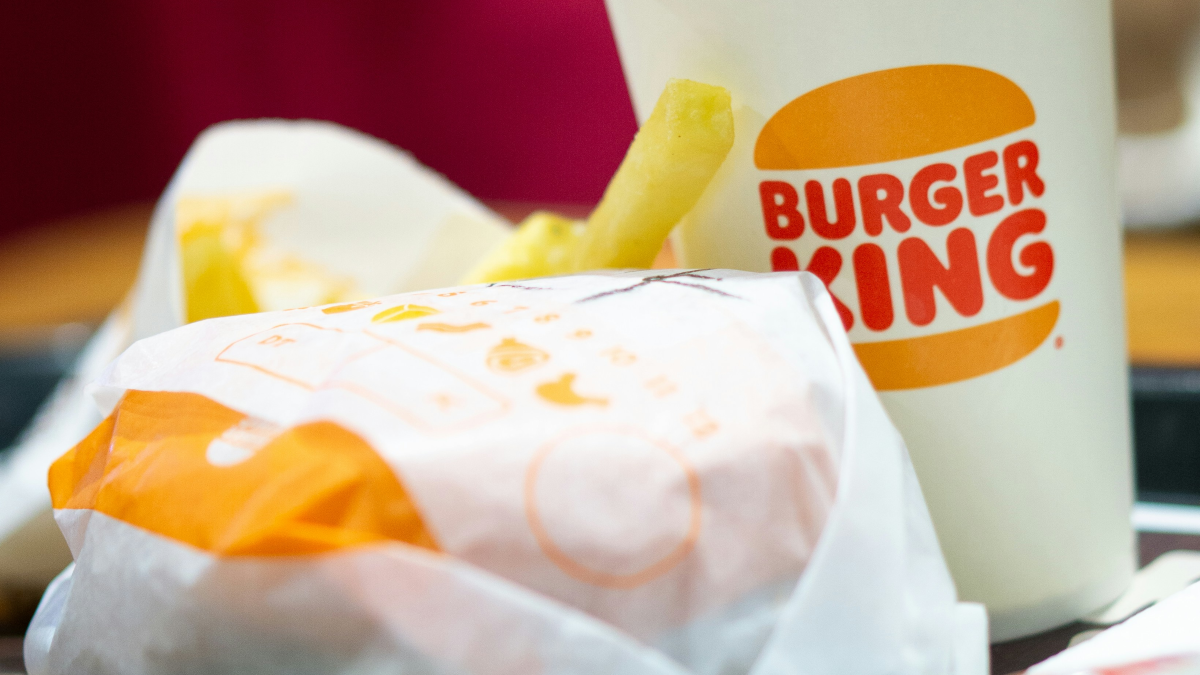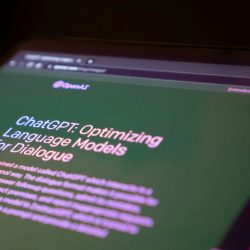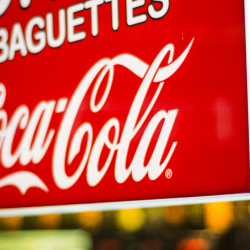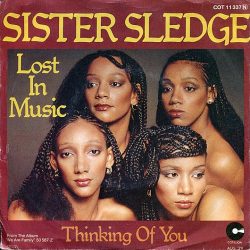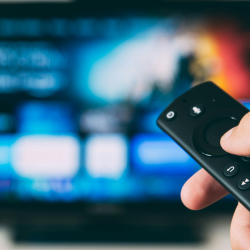Cannes Lions received 26,753 entries for its 2024 awards
That’s over 26,000 chances to accurately reflect the world we live in and the people who live in it. But did that happen? We’ve all seen the data or at least read the headlines earlier this year. That conversations around women’s equality have gone ‘far enough’. That progress around better representation has stalled. And women, and men, still don’t feel truly represented in the advertising they see around them. So, what happens now?
As Simon Cook said before the festival started, Cannes Lions is ‘a barometer for the global industry’. What’s happening in the world is reflected in the work, and in the conversations taking place on stages, beaches and hotel rooftops along the Croisette. And conversations around representation were happening. Cannes did feel different. There were pockets and spaces that were safe, and activations that felt more integrated than ever. We saw this at WACL’s Empower Cafe, created to be a central safe space for women and anyone else who needed it; hosting talks, dinners and discussions designed to keep pushing the representation needle.
From Mary Earps to Nneka Onuorah and Taban Shoresh, the conversations were far reaching and vital, sparked discussions that (we hope) will have a lasting impact on the industry and its decision-makers long after the sunburn fades and the blisters heal. We wanted to normalise conversations around representation. And we did, through the Empower Cafe and the announcement of our new WACL RepresentMe Pledge at Pinterest’s beach, calling on the industry to commit to better ad testing around the representation of all women.
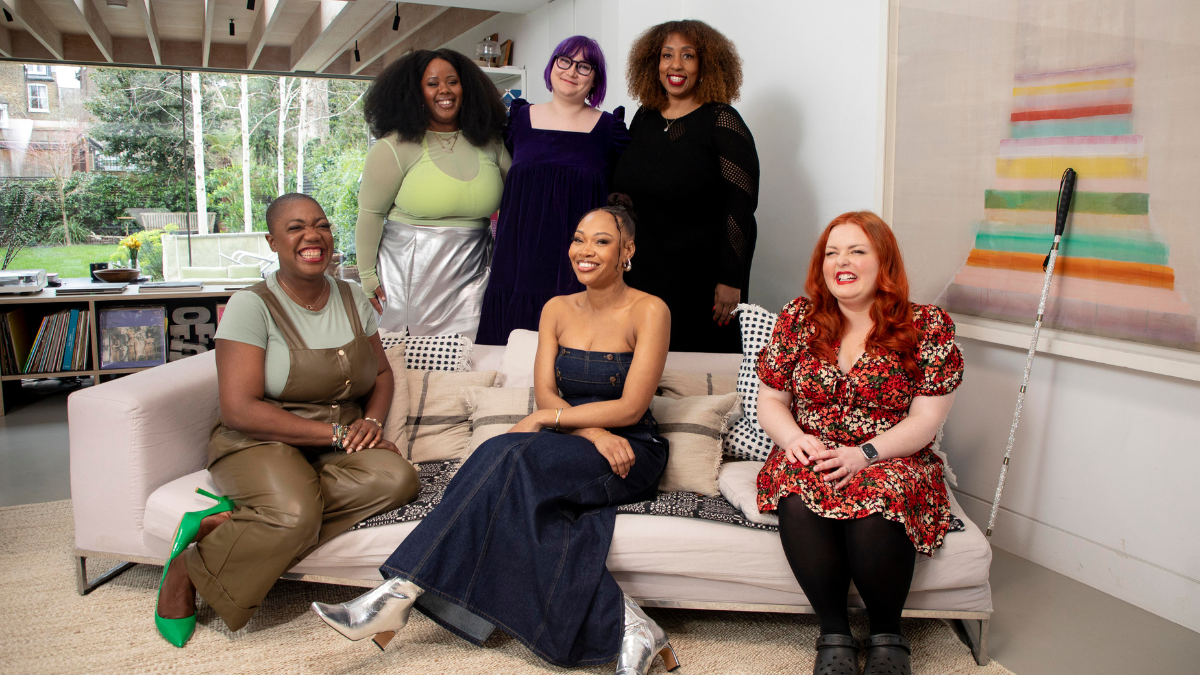
But we didn’t see those conversations reflected in the work. Not really.
In the winning work across main categories this year, we, women, were notable by our absence. This is something Cindy Gallop spoke about as she presented the winners of the Glass Lion. That we as an industry are still treating women as if we’re an alternative; that we can’t possibly represent the majority of consumers.
The Glass Lion for Change has become a vital category over the last 10 years since it was launched, around the same time I first went to Cannes. The winner this year of the Grand Prix was a powerful campaign from Ogilvy Singapore and Unilever aimed at Thailand’s trans community, ‘Transitioning body lotion.’ The product was created after two years of research and development to be specifically designed for transitioning women, whose skin can suffer from greater dryness while transitioning due to hormonal imbalances.
But what about when the brief isn’t about women? What about when the advert isn’t for a women-specific brand? We need women to be thought about when the brief or category or brand isn’t specifically for them.
Take the fantastic ad that won the Film Lions and Entertainment — Sport Grand Prixs from Orange and Marcel. ‘WoMan’s Football’ started out by showing the most exciting highlights from what seemed to be men’s football games. But it then revealed that the clips came from women’s matches — they’d been edited using CGI — demonstrating that women’s football is just as exciting as men’s. There’s just an inherent bias that leads people to believe it’s not. It’s powerful, unexpected and, crucially, mainstream.
As the brilliant Lori Meakin said on stage at the WACL Empower Cafe, ‘if people devoted [as much] attention to female representation in advertising as they do for AI, imagine the progress that could be made.’
And that’s the truth of it. The conversation around the importance of authentically representing women in advertising isn’t going anywhere. We at WACL will continue to drive this agenda forwards, and keep putting it top of industry mind. Then, we hope, the winning work will follow.
The WACL RepresentMe Pledge, born out of the Unstereotype Alliance’s open testing metrics developed with Kantar, calls on the entire creative industry to commit to the true representation of all women in advertising. Find out more.
Featured image: Martino Pietropoli / Unsplash

